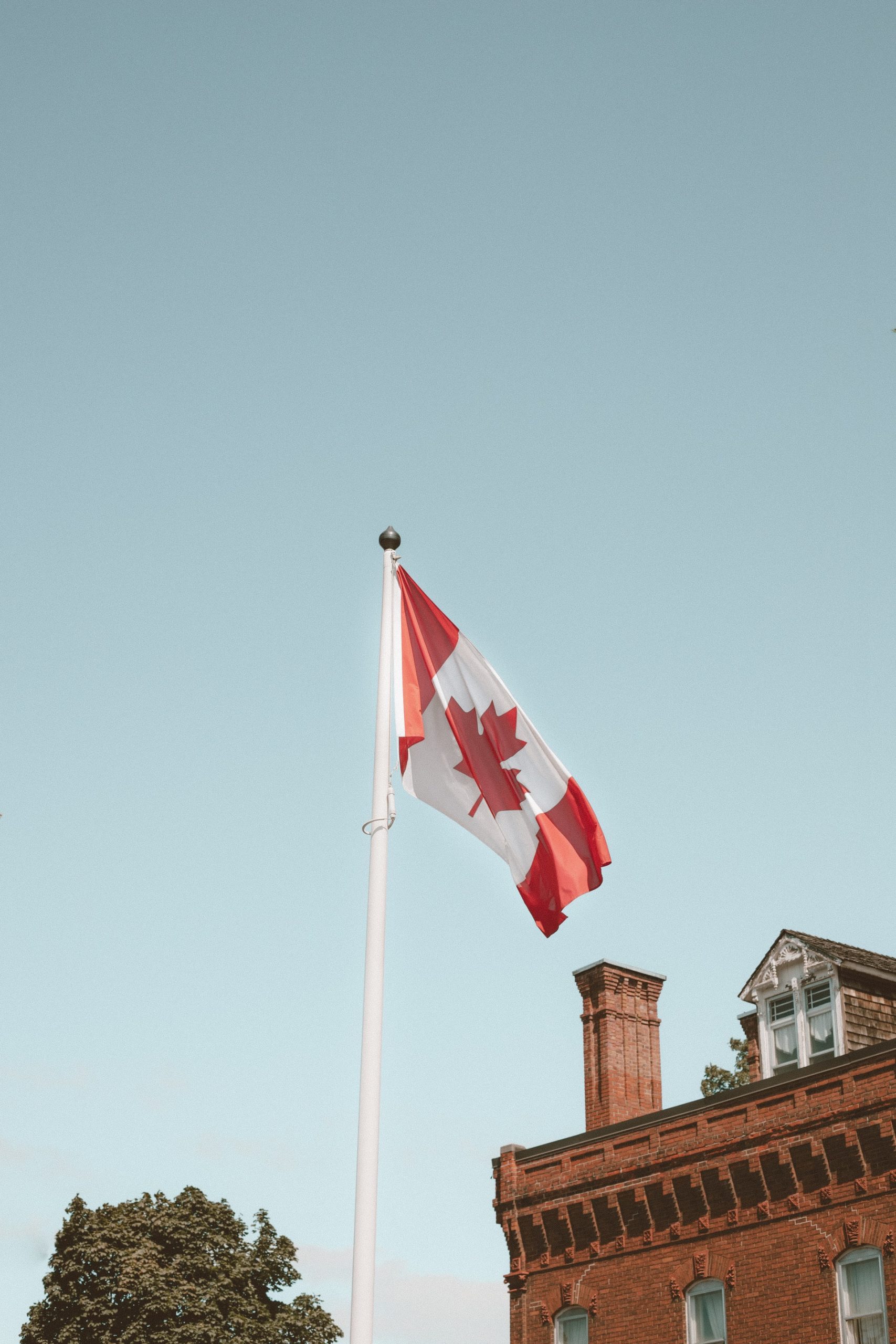Canada News
‘O Canada’: Why I no longer stand for the national anthem

The Canadian government has actually codified both the “history of the national anthem” and the “timing and etiquette for anthem use.” (File Photo: Steven Binotto/Unsplash)
The Canadian national anthem plays a part in many of my fondest sport memories. When my dad took me to the Saddledome as a kid, I would stand up as someone took centre ice to sing before a Calgary Flames game. I belted it out when the Canadian Women’s hockey team beat the Americans at the 2002 Olympic Games and shivers ran down my spine when Canadian athletes won Olympic gold.
Now, as a critical sport scholar and parent, I see the anthem very differently.
I’m struck that my kids have to listen to the anthem daily or weekly before school and when we attend elite sporting events. I’m struck not by the anthem as celebration, but by the anthem as production. I’m struck by the purposeful way in which the anthem is ritually performed in ways and at moments geared to produce national pride.
The Canadian government has actually codified both the “history of the national anthem” and the “timing and etiquette for anthem use.” These government documents make the intended meaning of the anthem clear: “When the first familiar chords of ‘O Canada’ play at schools, hockey games and other events, Canadians stand with pride in honour of their country.”
The anthem is not just the stuff of fond memories. It is part of how the nation is made and remade, of how belonging is asserted.
Politics and sport
That the Canadian government specifically mentions a sporting event is worth closer consideration. Often, we hear the idea that sport isn’t — or shouldn’t be — political.
We hear it when the International Olympic Committee claims “political neutrality” in considerations of human rights abuses in host countries. We hear it when political commentators criticize athletes for using their platforms to highlight important political issues.
Sport, in other words, is often dismissed as mere entertainment, simply a distraction from the “important issues” of the day. As sport scholars point out, however, sport is always political, always tied up in the production of key political ideas like gender, race and ethnicity, sexuality, labour, colonialism and nationalism.
At sporting events and elsewhere, national anthems do important effective and ideological work; they do not simply celebrate a nation, but actively construct the nation and our attachments to it. They hearken to very particular histories and ideas about these lands: “our” histories, and what we “stand on guard for.”
This ritualized performance before NHL playoff games, or Blue Jays games, or other events, tell very particular stories about the nation and our relationships to it.
These stories erase a past and present characterized by anti-Indigenous genocidal violence.
I don’t stand for the anthem
As I said to a loved one in a heated debate in the summer of 2021 after the first of the so-called “discoveries” of unmarked graves at the sites of former residential schools, you can love a country and still hold it to account. We must remember, too, that Indigenous Peoples have spoken about these unmarked graves for years; in fact, Volume 4 of the Truth and Reconciliation Commission final report is entitled Canada’s residential schools: Missing children and unmarked burials. So these were only “discoveries” from a Euro-western perspective.
I don’t stand for the anthem anymore; that’s part of how I’m trying to hold Canada (and myself) to account. My refusal is not about Canada’s “past misdeeds,” a phrase we hear too often. It is about ongoing genocide being perpetrated on the very lands celebrated in song as “our home and native land.”
I don’t stand for the anthem because of anti-Indigenous child welfare policy and practice, systemic anti-Indigenous racism in the so-called justice system, the colonial higher education system, the forced sterilization of Indigenous women and birth alerts.
I don’t stand for the anthem because colonial violence is not a discrete past event but an interconnected web of institutions, policies and practices very much alive in the present and continues to work to lay claim to these lands and governance thereon. As anthropologist Patrick Wolfe puts it, “invasion is a structure, not an event.”
The Canadian national anthem is not a benign celebration of a peace-keeping nation committed to human rights and international co-operation. Rather, it is an assertion of belonging, one predicated on what I now understand to be state-sanctioned terrorism.
So now each time I attend an event and I’m asked to “please rise for the national anthem,” I don’t. I wish to disrupt the naturalness of standing for the national anthem because that’s simply “what we do.” There is nothing natural about the ties between sporting events and nationalism; this has long been a political process, one that can and should be questioned.
You can love a country and still hold it to account. I love Canada. But I won’t stand for the anthem at a sporting event or elsewhere, especially not when my kids are watching. If that makes me or others uncomfortable, makes me question my own belonging, then so be it. If that makes my kids uncertain, has them asking me and my partner questions, asking their social studies teachers questions, then so much the better.
I want them to love Canada too. And I want them to be part of building something more just than the Canada I know.![]()
Jason Laurendeau, Associate Professor of Sociology, University of Lethbridge
This article is republished from The Conversation under a Creative Commons license. Read the original article.





















